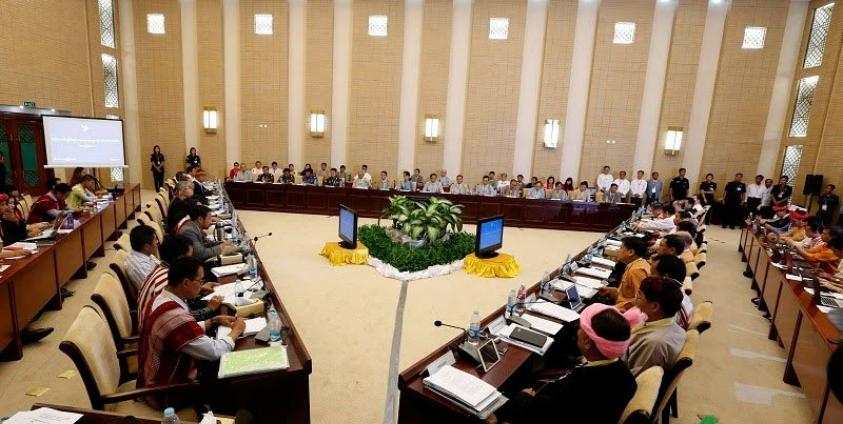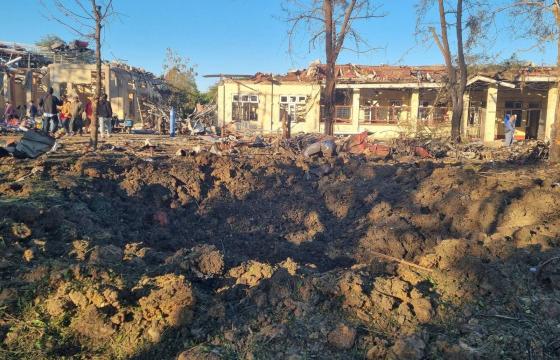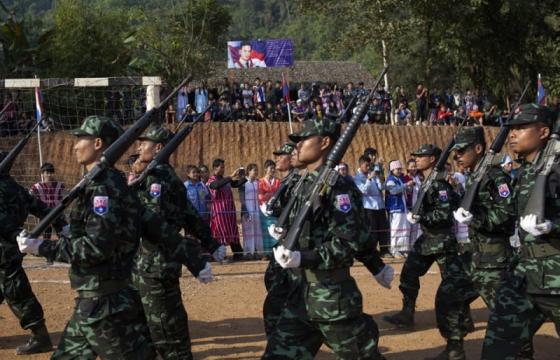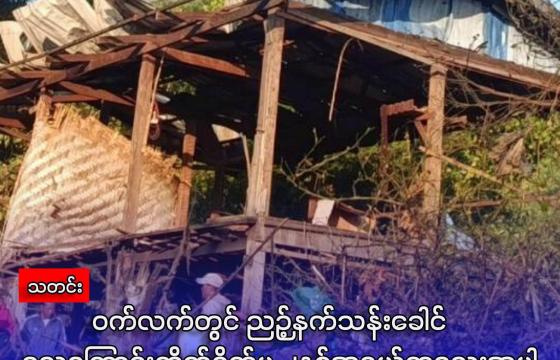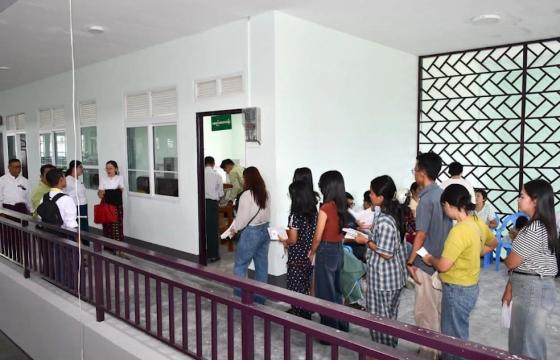Talks to end decades of bitter civil war in Myanmar have faltered, a government spokesman warned Sunday, blaming ethnic rebel demands for greater autonomy, which the military fears could break the country up.
The civilian-led government of Aung San Suu Kyi has made striking a peace deal a key pillar of her administration, but fighting has instead intensified in recent months, with tens of thousands displaced by conflict.
With only a day to go before the end of the second round of peace talks under her watch, officials said little headway had been made on the federalism or increased autonomy that are key demands for ethnic minority groups.
"There will be a less good result than people are hoping for," Zaw Htay, spokesman for the president's office, told reporters on Sunday, adding "we did not get agreement on the matter of seceding".
"People, the military and the government have worries that the union (of Myanmar) will split into pieces if we do not have that commitment."
Secession is a red line for Myanmar's army, with "unity" an oft-repeated mantra of the military, which ruled Myanmar with an iron fist for nearly half a century and still retains huge power in the Southeast Asian nation.
Myanmar, scarred by some of the world's longest-running civil wars, has dozens of ethnic minorities, mainly in a horseshoe of impoverished mountainous border regions.
Negotiators from the government, military and multiple rebel groups have spent the last five days in the capital Naypyidaw trying to hash out a long-elusive deal.
While few expected the breakthrough in signing a nationwide ceasefire agreement that Suu Kyi has pushed for, there were hopes the conference might produce some sort of progress on federalism or increased autonomy for ethnic groups.
Zaw Htay, who was a senior figure in Myanmar's previous military-dominated government, said negotiators discussed 21 points dealing with political issues, but only found agreement on 12 -- an illustration of how little consensus had been reached.
Hopes had been high that Myanmar's first freely elected government for generations would end the running conflicts that have claimed thousands of lives and kept the country mired in poverty.
But many ethnic groups say Suu Kyi -- a member of the ethnic group that also dominates the army -- has not listened to their concerns and is working too closely with the military.
The talks come as violence in Myanmar's northeast has reached its worst point since the conflict-ridden 1980s.
Tens of thousands of people have been forced to flee months of heavy fighting between the army and insurgent groups, many of them crossing into neighbouring China, which has sent delegates to the talks.
Under Myanmar's junta-era constitution Suu Kyi's civilian government has little control over the military.

